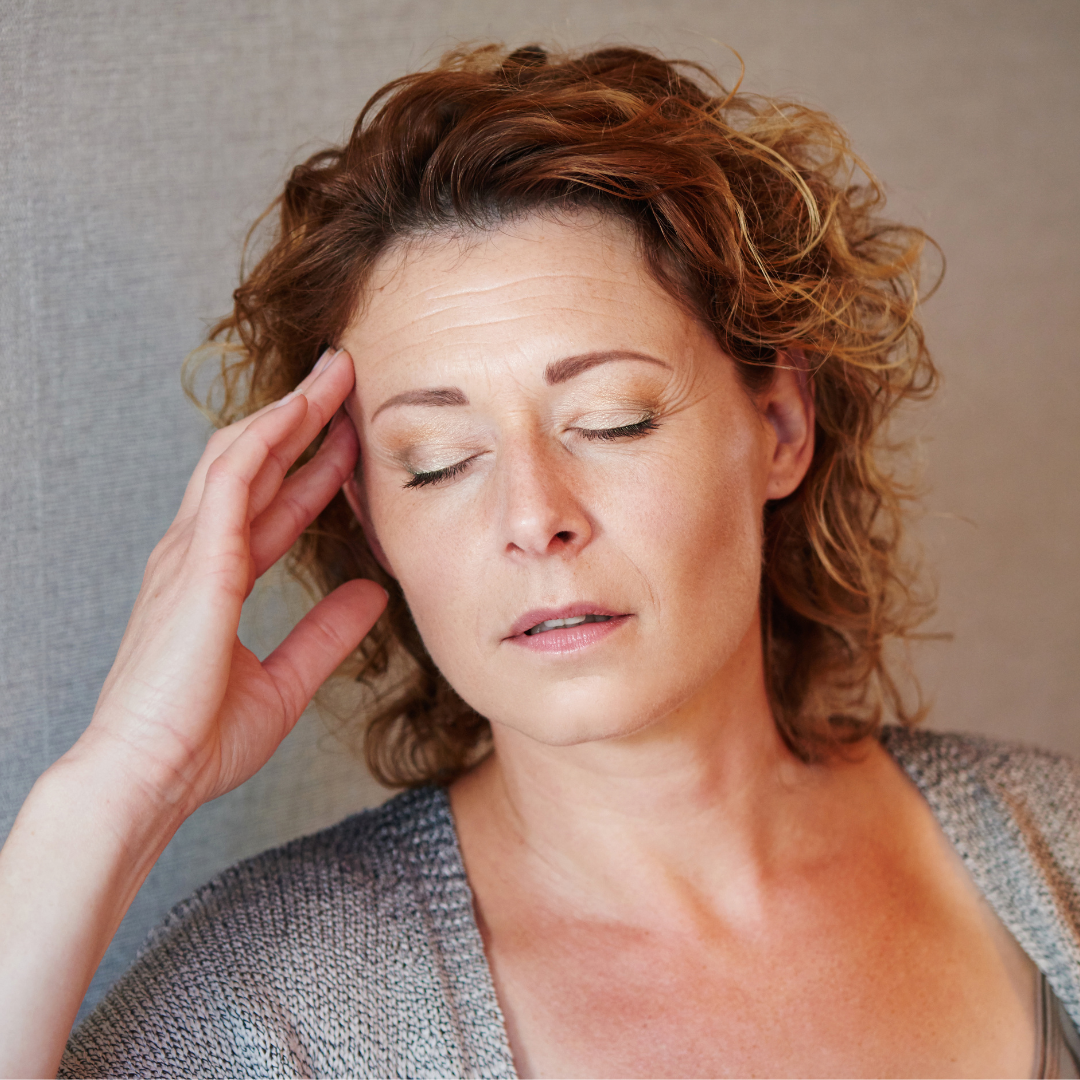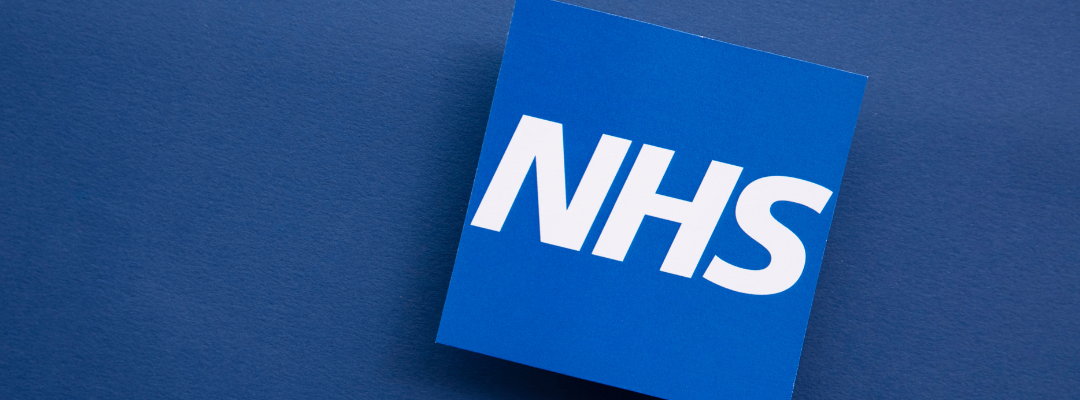
Why Yoga is an Important Part of the Harley Street at Home Menopause Toolkit
In order to address this, let’s start with the question: what is yoga?
Yoga is a holistic approach to our health and wellbeing affecting all systems of the body at once and links the mind, body & breath.
We tend to think of yoga as physical movements but yoga is so much more than that. When we do yoga, our mind, body and our emotions are all affected because the movements in yoga are not just physical. We focus in a pose and we move with the breath. The combination of these positively affect the nervous system, the brain, the digestive system and the immune system to name a few. In fact, every system of the body is engaged and positively affected all at the same time.
Now let’s address the menopause. The menopause is a number of symptoms all happening at the same time. We suffer from hot flushes, foggy brain, sleeplessness and achy joints (to name a few) all at the same time.
In order to ease a number of the symptoms that are happening at once, we need a form of movement that affects every system of the body at once. Yoga does that.
Yoga breathing techniques are cooling and calming. Perfect for hot flushes and night sweats. The stillness in poses quiets the mind and can ease foggy brain. The movements are gentle on achy joints and release tension from the body that is experiencing feelings of overwhelm or anxiety as a result of the menopause.
Let’s look at how yoga can ease menopause symptoms in more detail. The most common symptom of the menopause is hot flushes. Hot flushes make women feel stressed because others might see their face turning red and notice the sweating. Being stressed exacerbates the hot flush and prolongs it. In yoga, there is a breathing technique that instantly cools down the body and calms the nervous system. A few breaths is all it takes to feel cooler, calmer and collected: restoring you back to you.
Another common symptom is sleeplessness. There is a pose called “legs up the wall” which will help you have better quality sleep. It releases tension from the body, relaxes the mind, eases tired legs and improves circulation. All you have to do is get into the pose and lay in complete bliss.
Experiencing foggy brain? Then meditation can help with that.
But what makes yoga different from other forms of movement and ideal for the menopausal woman is the fact that, when we do yoga, we become more aware of our body, our thoughts and our emotions. The menopause is a time in a woman’s life that is transformational and the physical symptoms of the menopause make women feel disconnected from themselves. Through affirmations, visualisations, stillness and focus in poses we connect to the woman we are becoming. We can feel grounded and centered and more comfortable with ourselves.
At Harley St at Home, we have yoga classes to suit everyone. Never done yoga but want to start? Join Alex Bannard’s Yoga for Complete Beginners course on catch up. Wondering what all the fuss is about meditation? Alex is currently running a Beginner’s Guide to Meditation & Mindfulness course.
Feeling stressed? Louise Bartlett’s Yoga for Stress Relief and Sarah Linsey’s Yoga Calm before Christmas and Yoga to ease into the New Year can help you with that. These are all on catch up so you can do them at a time convenient for you.
I encourage you to take a look at the schedule and make yoga part of your menopause toolkit.
For More on:
www.harleystathome.com | Instagram @harleystreetathomemenopause
Facebook: Search Harley Street at Home: Diagnosis, Symptoms & Treatments or Harley St at Home: Lifestyle, Self-Care and Lifestyle to join our private community



